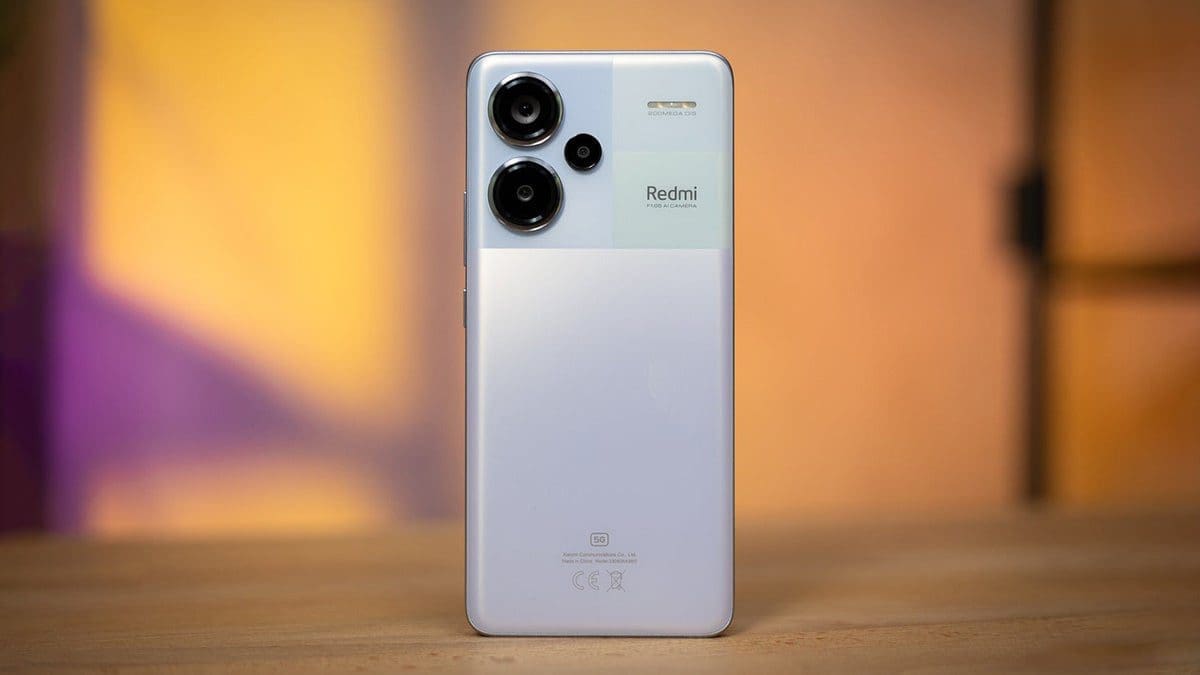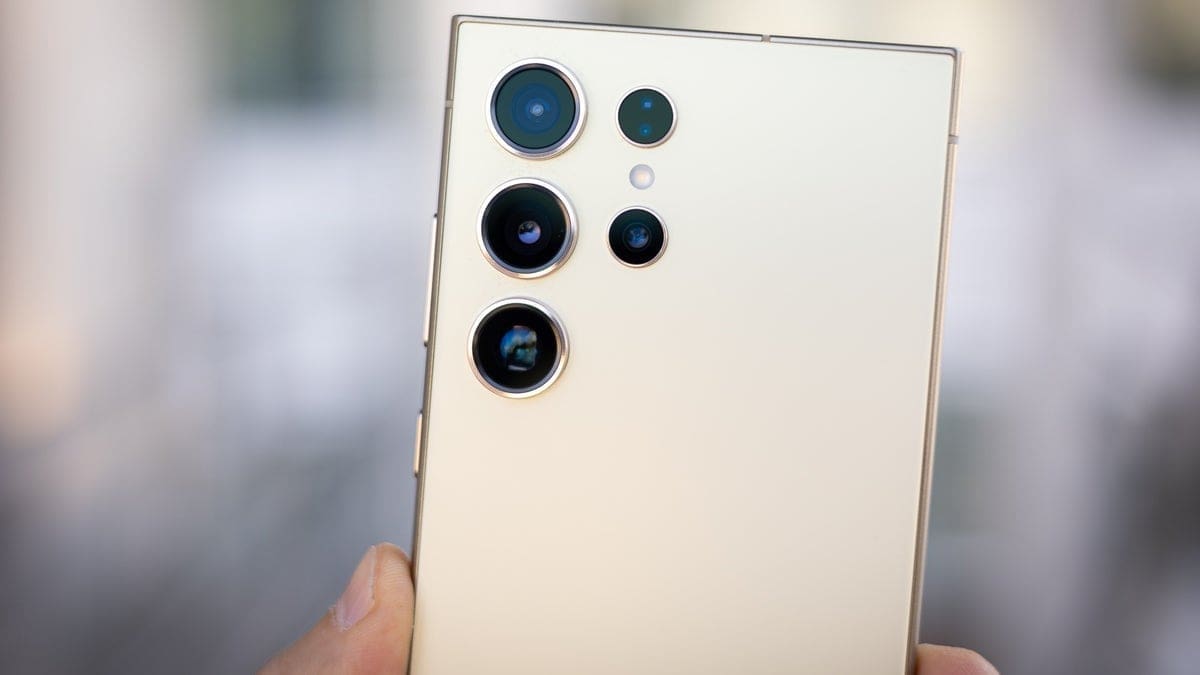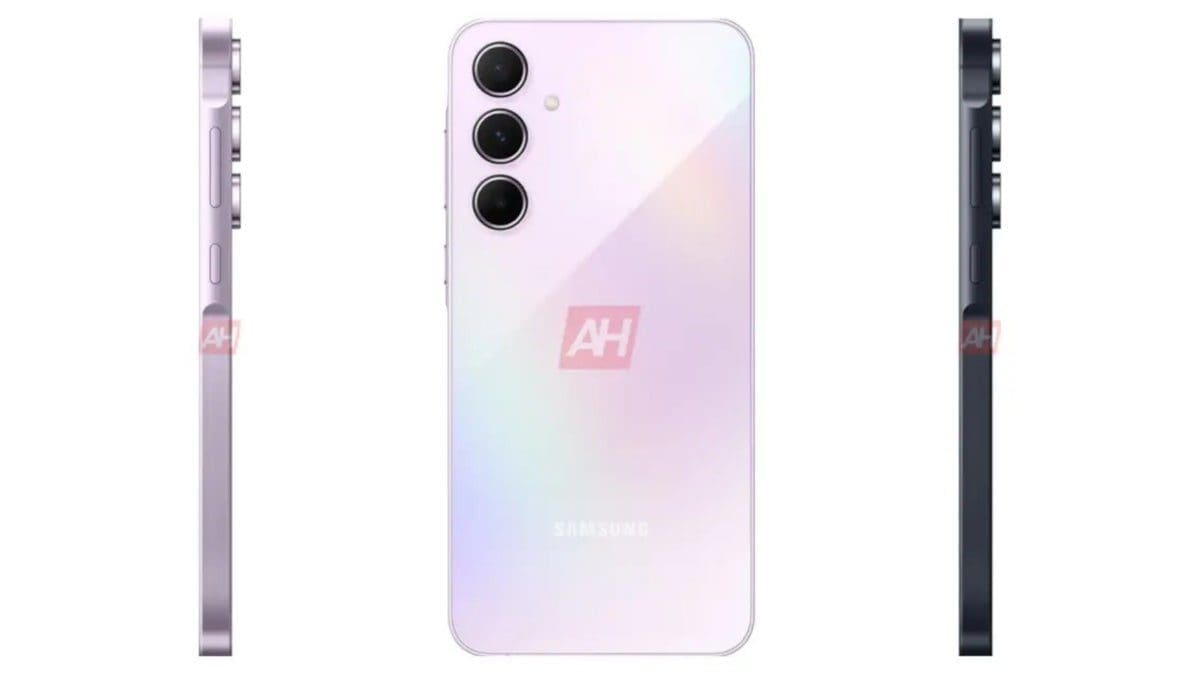The Redmi brand starts the year 2024 with a bang with five new models under the new Redmi Note 13 series.
All five models share a similar 6.7-inch form factor, 120Hz AMOLED screens and roughly 5,000mAh battery size, and all offer great value for the money.
As always, Xiaomi will NOT be selling these models in the United States, but they are officially available in most of continental Europe and in various other markets across the globe.
First, you have two very affordable Redmi Note 13 (non-Pro) models equipped with a 108MP main camera, and then you get three more advanced Redmi Note 13 Pro models which get a 200MP main camera and faster processors and charging.
Let’s start with an overview of the…
Redmi Note 13 specs
| Redmi Note 13 Pro+ 5G |
Redmi Note 13 Pro 5G |
Redmi Note 13 Pro |
Redmi Note 13 5G |
Redmi Note 13 |
|---|---|---|---|---|
| 161.4 x 74.2 x 8.9mm | 161.1 x 74.2 x 8mm 187 g |
161.1 x 75 x 8mm 188 g |
161.1 x 75 x 7.6mm 174.5 g |
162.2 x 75.6 x 8mm 188.5 g |
As you can see, we have two 4G models in the lineup, the Redmi Note 13 and the Redmi Note 13 Pro, while the remaining models – marked with 5G in their names – have faster connectivity.
Redmi Note 13 Series Design differences
With a 6.7-inch screen size, these five phones have a similar physical footprint, and that footprint is… big.
But you can see how the camera decor and the styling on the back is different for each model.
Also, while four of the models have a flat back and a flat screen, the Redmi Note 13 Pro+ 5G comes with a curved back side and curved display. It is the only one that does not have a 3.5mm headphone jack, as well.
You can find the reviews for the individual models where we go into more detail below:
Redmi Note 13 series performance differences
Each of these five phones has a different chipset and in the table below you can see how that affects the performance.
CPU Performance
As you can see, the performance makes a big jump with the two more expensive models and those the ones we recommend for power users and gamers.
We will be running tests for the non-Pro versions very soon and we will update you with the results over the next few days.
Redmi Note 13 camera quality differences
Despite the similar cameras, the actual camera quality and features differ quite a lot.
For example, the Redmi Note 13 Pro model does not support 4K video recording despite having the same 200MP camera sensor as the Note 13 Pro 5G and Note 13 Pro+ 5G.
The Pro models, which all come with a 200MP camera, promise “lossless” quality at 2X and 4X zoom, while the non-Pro versions, equipped with a 108MP camera, offer a 3X “lossless” zoom.
The levels of noise and the clarity of the images also differs based on the chipset processing of each model, and you get the cleanest shot with the most expensive model.
But one thing that all five models share is a 2MP macro camera with poor detail and not of much use.
Redmi Note 13 Charging speed differences
All five phones have charging that would qualify as “very fast”, but you can see the tiers here.
The Redmi Note 13 Pro+ 5G with the 120W fast charging blows the rest out of the water. We mean a full charge in 25 minutes? Insane!
Is any of the models on your radar? And why would you buy a Redmi phone over the competition? Let us know in the comments!










